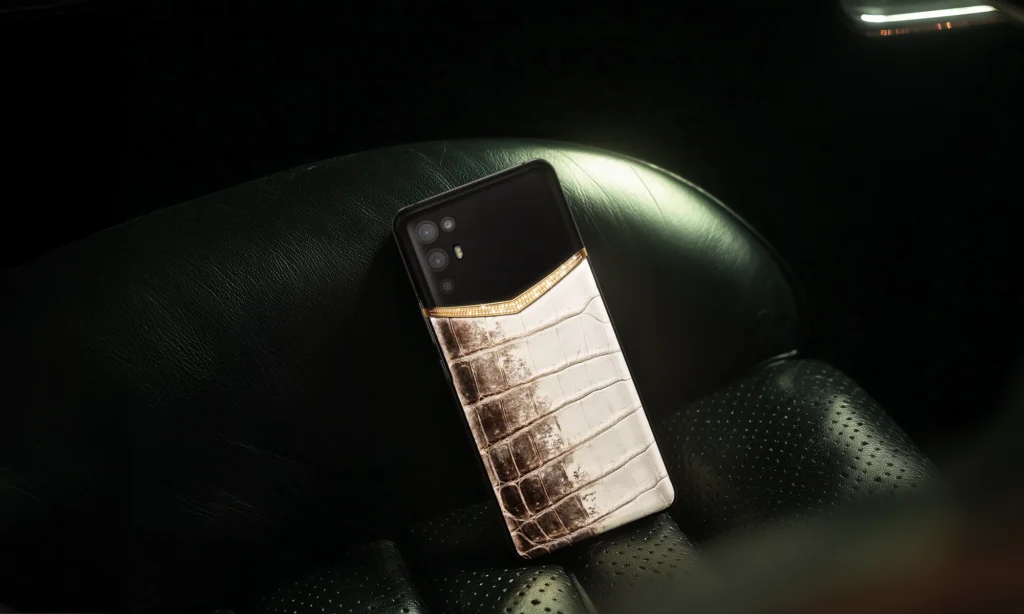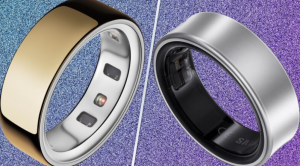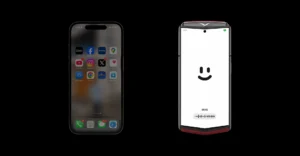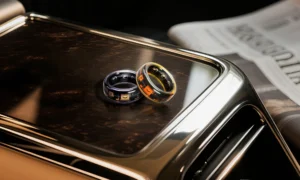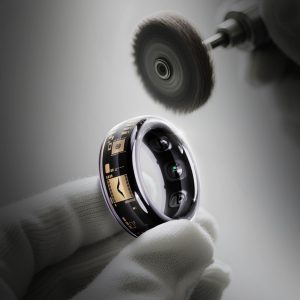In an era defined by constant connectivity, the search for a Smartphone With Strong Signal has become more critical than ever. Dropped calls, sluggish downloads, and buffering videos are more than just minor annoyances—they are significant roadblocks in our personal and professional lives. Whether you're a remote worker depending on a stable connection or a traveler venturing into areas with spotty coverage, the reliability of your device's signal is paramount. This guide offers a comprehensive look at the top smartphones expected to lead the pack in signal strength for 2025, providing you with the insights needed to make an informed choice.
Why Does a Strong Smartphone Signal Matter in 2025?
The importance of a robust cellular connection cannot be overstated. With the global expansion of 5G networks and our increasing reliance on data-heavy applications for work, communication, and entertainment, a weak signal is a significant handicap. For professionals, it means seamless video conferencing and reliable access to cloud services. For individuals, it ensures high-quality streaming, uninterrupted gaming, and, most importantly, a dependable line of communication in emergencies. As technology trends toward an even more interconnected future, a Smartphone With Strong Signal is no longer a luxury but a fundamental necessity for modern life.
What Key Factors Determine a Smartphone's Signal Strength?
A phone's ability to hold a strong signal is determined by a sophisticated interplay of hardware and software, not just one single feature. The most crucial element is the modem, the component responsible for communicating with cell towers; leading modems like Qualcomm's Snapdragon series are renowned for their performance. Equally important is the antenna design—its size, placement, and the materials used in the phone's chassis can either enhance or impede reception. Finally, the phone's software and its ability to efficiently switch between different cellular bands (4G LTE, 5G) play a vital role in maintaining a consistent and powerful connection.
The Best Smartphones for Strong Signal in 2025: A Look Ahead
While many phones boast impressive features, only a few are truly engineered for superior connectivity. Based on current technology and brand trajectory, here are the anticipated leaders for 2025.
-
Samsung Galaxy S25 Ultra: Samsung's flagship devices consistently integrate Qualcomm's top-tier Snapdragon modems, which are industry benchmarks for speed and reliability. Combined with a sophisticated multi-antenna array optimized within its large chassis, the S25 Ultra is expected to offer exceptional performance, particularly in challenging network environments.
-
Google Pixel 9 Pro: Google's strength lies in its masterful software optimization. The Pixel series is known for its “smart” connectivity features that intelligently manage network handoffs. By pairing its custom Tensor processor with an advanced modem, the Pixel 9 Pro is poised to deliver a highly stable and reliable signal that learns and adapts to your usage patterns.
-
Apple iPhone 16 Pro: With Apple continuing to develop its own in-house modems, the iPhone 16 Pro is expected to feature a chip designed for perfect integration with its iOS ecosystem. Apple's meticulous control over both hardware and software allows for fine-tuning that can significantly boost signal reception and efficiency, ensuring a seamless user experience.
-
Sony Xperia 1 VII: Sony often appeals to pro-level users, and this extends to its engineering. The Xperia line is known for its robust build and less-congested internal design, which can lead to better antenna performance. It is a strong contender for users who prioritize raw technical capability and signal integrity over other features.
Feature Comparison of Top Signal Strength Smartphones (2025 Projections)
| Feature | Samsung Galaxy S25 Ultra | Google Pixel 9 Pro | Apple iPhone 16 Pro | Sony Xperia 1 VII |
| Expected Modem | Qualcomm Snapdragon X80 | Google Tensor G4 + Modem | Apple In-House 5G Modem | Qualcomm Snapdragon X80 |
| Key Antenna Feature | Advanced Multi-Antenna Array | AI-Optimized Adaptive Antenna | Deep iOS Integration | Performance-Focused Design |
| 5G Band Support | Comprehensive (Sub-6, mmWave) | Comprehensive (Sub-6, mmWave) | Comprehensive (Sub-6, mmWave) | Comprehensive (Sub-6, mmWave) |
| Chassis Materials | Titanium, Gorilla Glass | Titanium, Gorilla Glass | Titanium, Ceramic Shield | Aluminum, Gorilla Glass |
| Primary Strength | Raw Modem Power | Software & AI Optimization | Hardware-Software Synergy | Technical Engineering |
How to Choose the Right Smartphone With Strong Signal
Selecting the best device for your needs requires looking beyond marketing claims. First, check carrier compatibility and ensure the phone supports the specific 5G and LTE bands used by your provider in your area. Second, read independent technical reviews that use specialized equipment to measure signal strength (reception in dBm) rather than just looking at the number of bars. Finally, consider the phone's physical materials—while premium, some all-metal designs can interfere with reception more than glass or high-quality polycarbonate alternatives.
Recommended For
-
Rural Residents & Travelers: Individuals who frequently find themselves in areas with weak or inconsistent cell tower coverage will benefit most from a device with a superior modem and antenna system.
-
Remote Professionals: For anyone relying on their mobile device for critical work tasks like video calls, hotspotting, and large file transfers, a stable connection is non-negotiable.
-
Tech Enthusiasts: Users who demand the absolute best performance in all aspects of their device, including network speed and reliability for gaming and 4K streaming.
Frequently Asked Questions (FAQ)
-
Does a phone case really affect my signal strength?
Yes, it can. Cases made with metal or other signal-blocking materials can significantly reduce your phone's ability to send and receive signals. For optimal performance, choose cases made from plastic, silicone, or leather. -
How can I accurately check my phone's signal strength?
The signal bars on your phone are not a standardized measurement. For a precise reading, you can access a hidden field test mode on most Android and iPhones to see the signal strength measured in decibels (dBm). A reading closer to -80 dBm is stronger than one at -110 dBm. -
Are more expensive phones always better for signal reception?
Not necessarily. While flagship phones typically have the best modems and technology, design choices (like the materials used) can sometimes compromise signal. It is always best to consult reviews that specifically test for signal performance.

